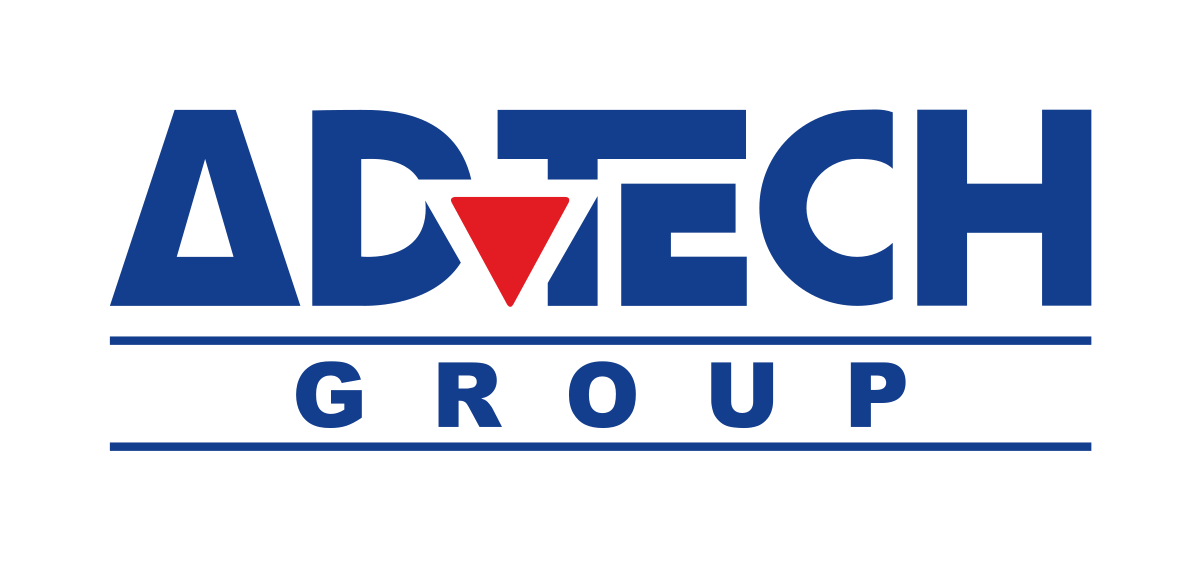Mood disorders – know the signs and ways to help your child
One in eight young people between the ages of 5 and 19 are at risk of developing a mental disorder, of which Mood and Anxiety Disorders are the most prevalent. Emphasis on the mental health of young people recently increased as a result of the disruption caused by Covid -19 and lockdowns which exacerbated challenges that existed before the pandemic. It has therefore once again become important to not only start talking about the mental health of young people, but also to recognise symptoms and know where to look for help, an education and mental health expert says.
“The prevalence of mood difficulties among young people is increasingly becoming a concern internationally,” says Dr Jacques Mostert, Brand Academic Manager at ADvTECH, SA’s leading private education provider. Dr Mostert holds a PhD in Psychology of Education and is globally renowned in his field, having conducted experiential research in education in Denmark, the UK, South Africa and The Netherlands.
Dr Mostert notes that an estimated 24% of teens between the ages of 11 to 19 suffer from depression caused by the home environment, 25% are subject to cyber-bullying and loneliness, 92% of LGBT youth report depression during the ages of 11 to 19, and 80% of teens between the ages of 11 to 19 report a sense of isolation that causes them to feel depressed.
“It is very important to understand the signs of depression, so that action can be taken timeously should concerns about the mental wellbeing of a child arise,” says Dr Mostert.
“Teachers and parents can recognise the onset of depression when a sudden change in behaviour becomes apparent and continues for at least 3 weeks or longer. These include an atypical lack of energy, becoming increasingly irritable and agitated without a rational explanation, and a sense of being down in the dumps for no reason.”
Some adolescents may withdraw from friends and family over a sustained period of time, he notes, adding that this is especially concerning if this is atypical of the normal interactions of the teen.
“Another red flag is the inability to concentrate in class where ADHD or other non-neurotypical difficulties are not present, as well as regularly failing to complete classroom and homework assignments in time or often being late to class because of feeling overwhelmed.
“This, coupled with unusually defiant behaviour towards teachers and other school staff, especially if this is non-typical behaviour, may indicate that the teen is experiencing difficulties with mood and affect.”
In the same way as with anxiety difficulties and disorder, the student often asks to go to go home because of feeling ill with no discernable symptoms. The teen often has days off from class time due to doctor’s appointments, hospitalisation, or inability to attend classes.
Changes in sleep patterns, a significant weight loss or gain in a short period of time and disinterest in hobbies or areas where the teen previously showed interest also raise concerns about the mental wellbeing of the teenager.
Finally, a loss of future-mindedness, or talk about death or suicide, engaging in risky or self-destructive behaviour (drinking alcohol, taking drugs, or cutting, for example) are clear signs of the teen suffering from mood difficulties or a possible mood disorder.
“Not all of the above need to be present, but if there is a discernable and drastic change in a young person’s behaviour which continues for a period of several weeks or longer, intervention is necessary,” Dr Mostert says.
He says first steps teachers and parents can take to help their child deal with depression at home and in the classroom include:
DEVELOPING COLLABORATIVE RELATIONSHIPS
Parents of teenagers should develop the habit of listening with empathy and not give in to the easier way out of lecturing. However, it must also be said that parents should be gentle yet persistent when it comes to holding realistic expectations of their child.
AVOIDING NEGATIVE TECHNIQUE STRATEGIES
Punishment, sarcasm, disparagement, and passive-aggression is a way of affirming the depressed teenager’s belief of not being worthy or a valued member of the family or society. Parents must be willing to be vulnerable and acknowledge their own and their teenager’s feelings, especially at a time of disruption such as the Covid – 19 pandemic.
NOT LOWERING EXPECTATIONS OR GIVING UNEARNED REWARDS
Realistic and earned rewards is one of the most important tools in a parent’s approach to supporting their depressed child. The sense of having earned a reward, and receiving acknowledgement for an aspect of their life they find significant affirms a sense of value. However, the opposite is also true. Unearned praise leaves the teenager with a feeling of inauthenticity and affirms their already negative self-perception.
PLANNING FOR EARNED SUCCESS
Activities that are of interest often fall by the wayside when teenagers are depressed. Often parents try to arrange and engage in these activities as a panacea to their teenager’s depression. However, this may exacerbate the young person’s feeling of worthlessness. Parents should find novel and interesting activities that may lead to earned success. This may include DIY activities around the house or asking for help with a specific app or technology in which, when success is achieved, due praise is earned.
“Most importantly, parents should trust their gut,” Dr Mostert says.
“If your teenager insists that nothing is wrong, despite a prolonged period of depressed mood or being diagnosed with major depressive disorder or bipolar disorder, parents should trust their instincts and seek help.
“Should the above techniques not bring about an improvement in the mental wellbeing, parents should seek advice from their medical practitioner or a psychiatrist.”
ADvTECH Updates











